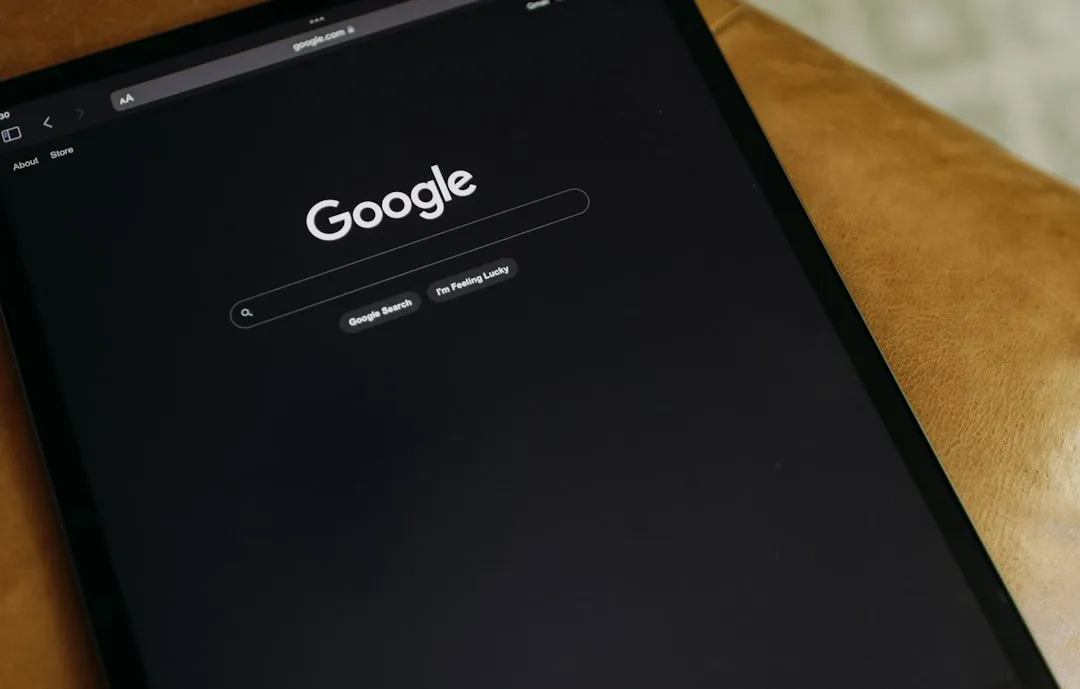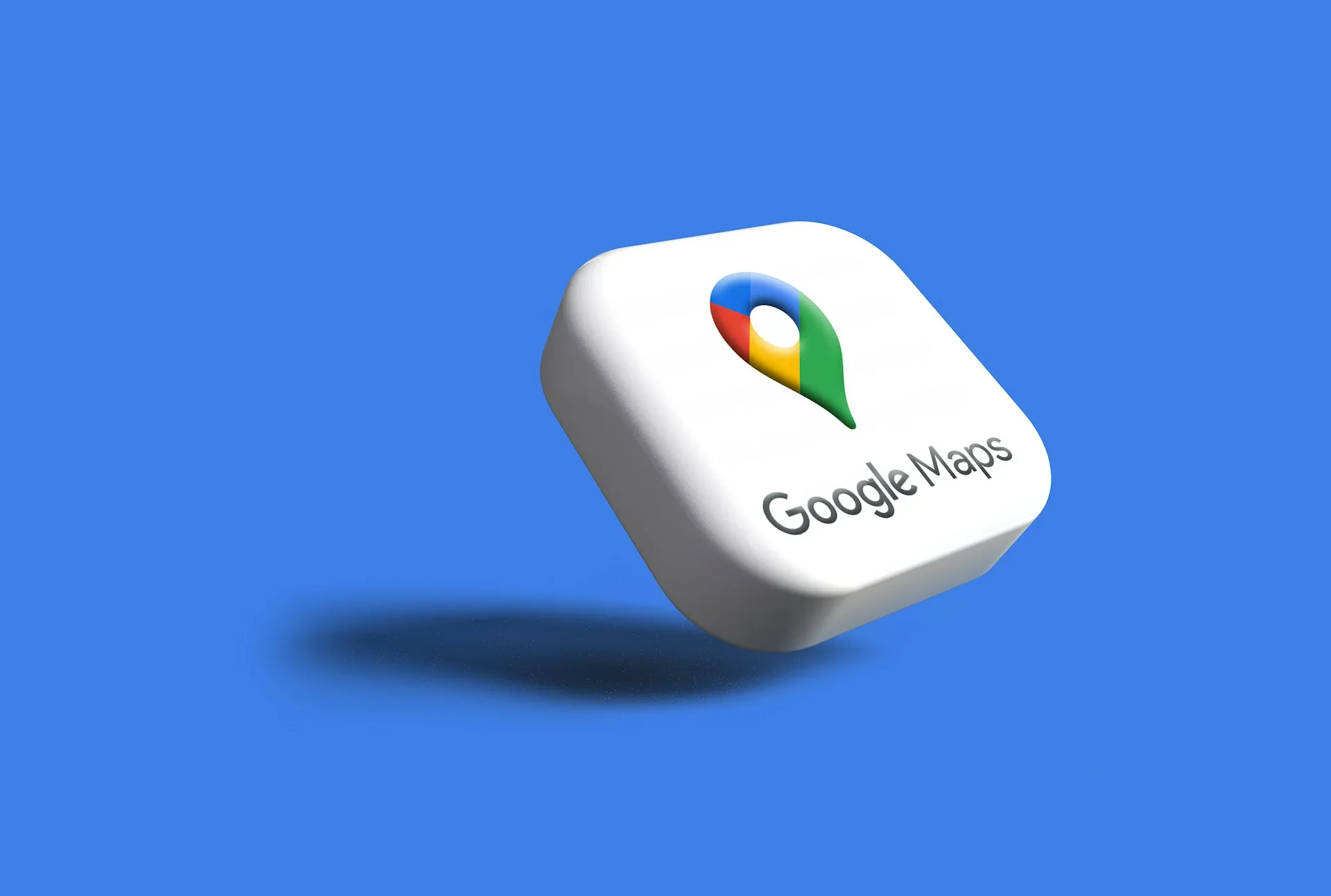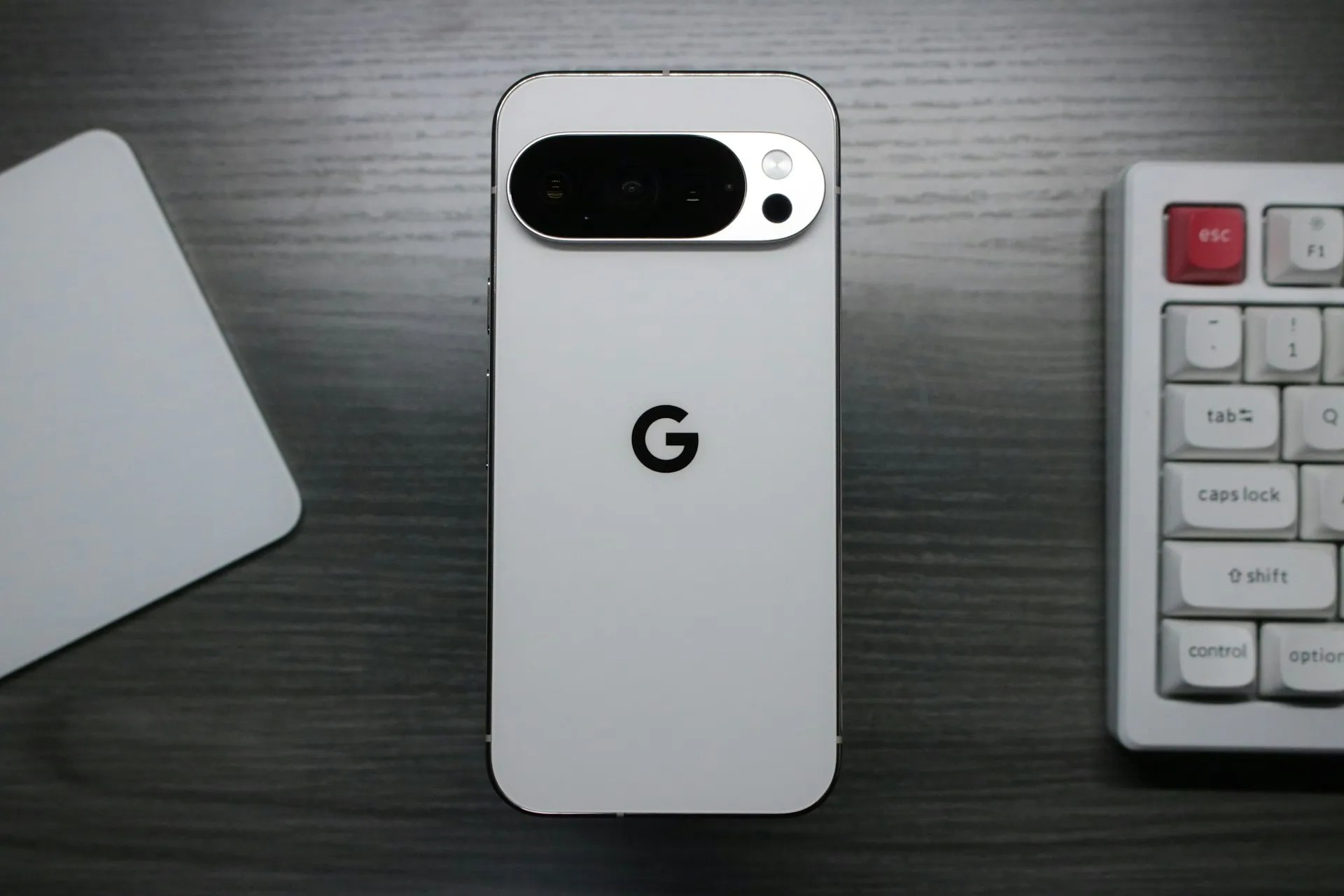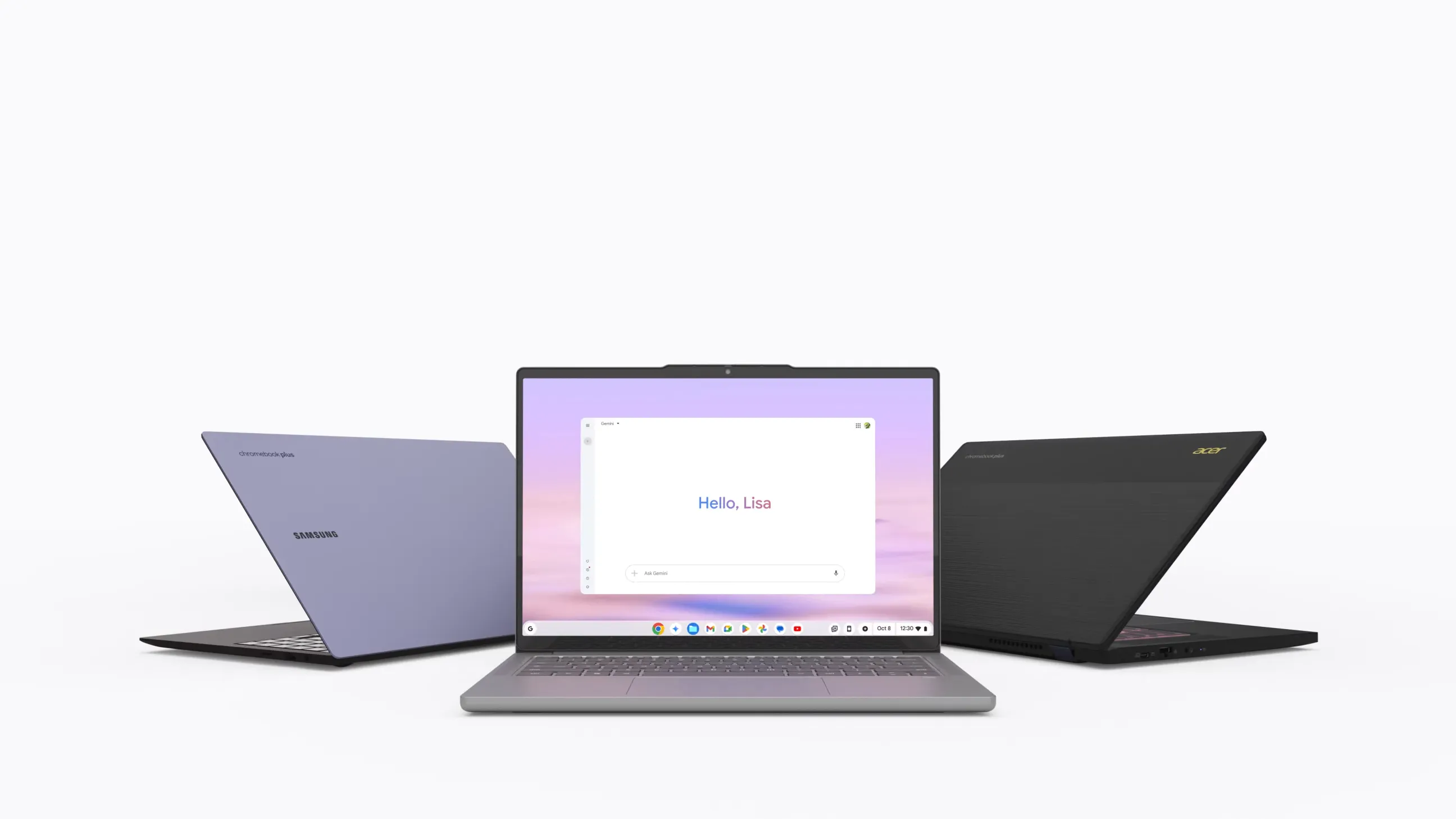Fresh off the heels of their latest agreement, Google and Samsung may soon be further aligned in their mobile technology outlook. The two tech giants signed a cross-licensing patent agreement, but that doesn't mean that Samsung was just going to start putting out stock Android devices. Quite the opposite really, as we saw from leaks of its new Magazine UX.
The new user interface was shown during Samsung's presentation of it's latest Galaxy tablet at this years CES, and as reported to Re/code, Google was not too pleased.
The "Fork" Problem
As "forks", or custom versions of Android, are becoming more prevalent, Google is increasingly applying pressure to manufacturers to "get in line" or risk the exclusion of their apps on custom builds. The most glaring example of this is Amazon's Kindle series of tablets. Think of it like a marriage between a manufacturer and Android, only without Google's blessing.
While based on stock builds (AOSP), Amazon's OS looks almost nothing like Android, and becasue of that, does not get the benefit of shipping with Google's apps, including Gmail, Maps, or the Play Store.
On the other side of the spectrum, Cyanogen recently had it's custom fork, CyanogenMod, pass Google's CTS, allowing it to ship with Google apps. The key here was that Cyanogen modified it's code to come more in line with Google's, even if that meant removing features was were previously a staple in their builds.
So What's the Beef with Samsung
As Samsung increases it's dominance in the Android market, it's quiclky becoming the go-to Android experience for consumers, including all the bells and whistles it throws on top of AOSP. Therein lies the rub—consumers are beginning to associate Android with Samsung, rather than with Google.
If Samsung makes big changes to their Android UI, and continues to ship devices with their own versions of Googles' apps—an email client, a browser, and an app marketplace, to name a few—consumers will have a harder time switching from the Samsung ecosystem, rather than the Android ecosystem. Not only does that hurt Google, but also the rest of the industry which has adhered to the Open Handset Alliance, a group of 84 technology and mobile companies who have come together to accelerate innovation in mobile. So if consumers are equating Android with Samsung, that leaves manufacturers to consider other ecosystems, like Windows Phone. That can spell big trouble for Google and their increasing push toward promoting everything through their Play services.
A More Symbiotic Relationship
Where does Samsung go from here? According to unnamed sources, "the relationship between Google and Samsung has gone through 'a huge change, a sea change in the last few weeks," and goes on to say that "Samsung devices will spotlight Google's suite of apps to get movies, music and other content at the expense of its in-house-developed software, which was once a proud showcase of Samsung's evolution as a mobile industry leader."
That doesn't mean that Samsung is about to ditch all their innovation and begin shipping out stock Android devices like the Nexus, but it does mean that will likley forego some of their more drastic deviations (like Magazine UX), for something more in line with Android's base. And maybe, just maybe, we'll see some of this on their upcoming flagship, the Galaxy S5.


























Comments
Be the first, drop a comment!